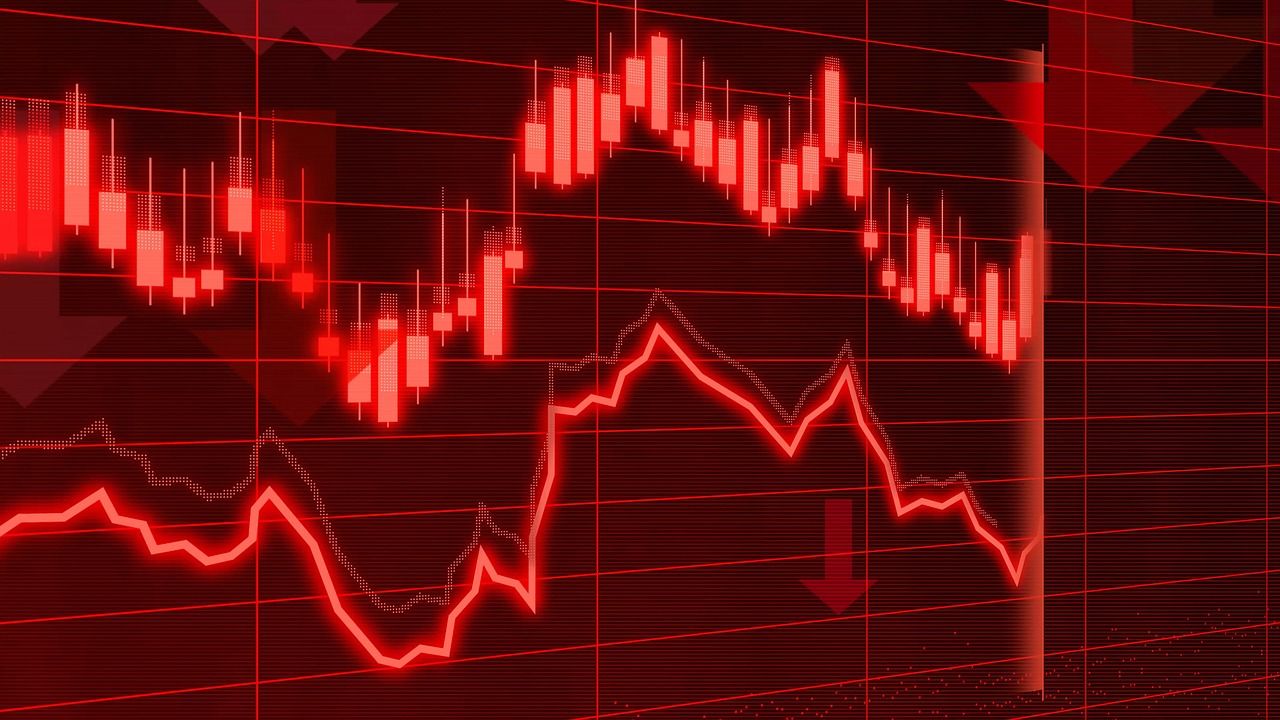Why is the Market Falling So Much? Understanding the Key Factors behind Market Volatility

The stock market is experiencing sharp declines, leaving investors and traders worried about what’s next. Market downturns are never easy, but understanding the reasons behind the fall can help in making informed decisions. So, why is the market falling so much, and what should investors and traders do in such volatile conditions? Let’s dive into the details.
Key Factors Causing Market Volatility
1. Global Economic Uncertainty
Global economic factors, including recession fears, geopolitical tensions, and policy changes by major economies, are significantly impacting the stock market. When global markets are under pressure, it directly affects Indian markets as well.
2. Interest Rate Hikes by Central Banks
One of the biggest reasons for market corrections is interest rate hikes by the Reserve Bank of India (RBI) or the US Federal Reserve. Higher interest rates lead to:
- Increased borrowing costs for businesses
- Lower corporate earnings
- Reduced liquidity in the market
3. Foreign Institutional Investors (FIIs) Selling
Whenever foreign investors pull out their money from Indian markets, it creates massive selling pressure. Factors like rising bond yields in the US or global economic slowdown push FIIs to move their investments to safer assets.
4. Geopolitical Tensions and Crude Oil Prices
Unstable geopolitical situations, like conflicts between major economies, affect investor sentiment. Additionally, rising crude oil prices increase inflation and impact industries like aviation, logistics, and manufacturing, pulling the market down.
5. Rupee Depreciation and Inflation
A weakening Indian Rupee against the US Dollar makes imports costlier, pushing inflation higher. When inflation rises, it reduces the purchasing power of consumers, affecting overall economic growth.
What Should Investors and Traders Do?
For Investors
- Stay Calm and Avoid Panic Selling
Market corrections are temporary. If you have fundamentally strong stocks in your portfolio, hold onto them. Panicking and selling at a loss can be harmful in the long run. - Diversify Your Portfolio
Spread your investments across sectors and asset classes like equity, debt, and gold to reduce risk. - Look for Buying Opportunities
Corrections provide a chance to buy quality stocks at a discount. Look for fundamentally strong companies with good financials and future growth potential. - Follow a Long-Term Approach
The stock market rewards patient investors. Stick to your investment plan and avoid making impulsive decisions based on short-term market fluctuations.
For Traders
- Follow Proper Risk Management
Use stop-loss orders to minimize potential losses. Avoid taking high-leverage positions during volatile periods. - Trade with the Trend
If the market is in a downtrend, avoid aggressive long positions. Instead, look for short-selling opportunities or hedge your trades with options. - Monitor Key Levels and News
Keep track of key support and resistance levels and RBI policy announcements, and follow global market trends to make informed trading decisions. - Avoid Emotional Trading
Fear and greed drive market volatility. Stick to a disciplined trading strategy rather than making emotional decisions based on market panic.
Final Thoughts
Market volatility is a natural part of stock investing and trading. Instead of fearing corrections, use them as opportunities to strengthen your portfolio. Staying informed, following a disciplined approach, and being patient can help navigate market downturns effectively.
Are you looking for expert guidance to make the right stock market decisions? At ISFM, we provide comprehensive stock market training to help investors and traders gain the knowledge they need to succeed.
Stay updated with the latest market trends and make smarter financial decisions!


